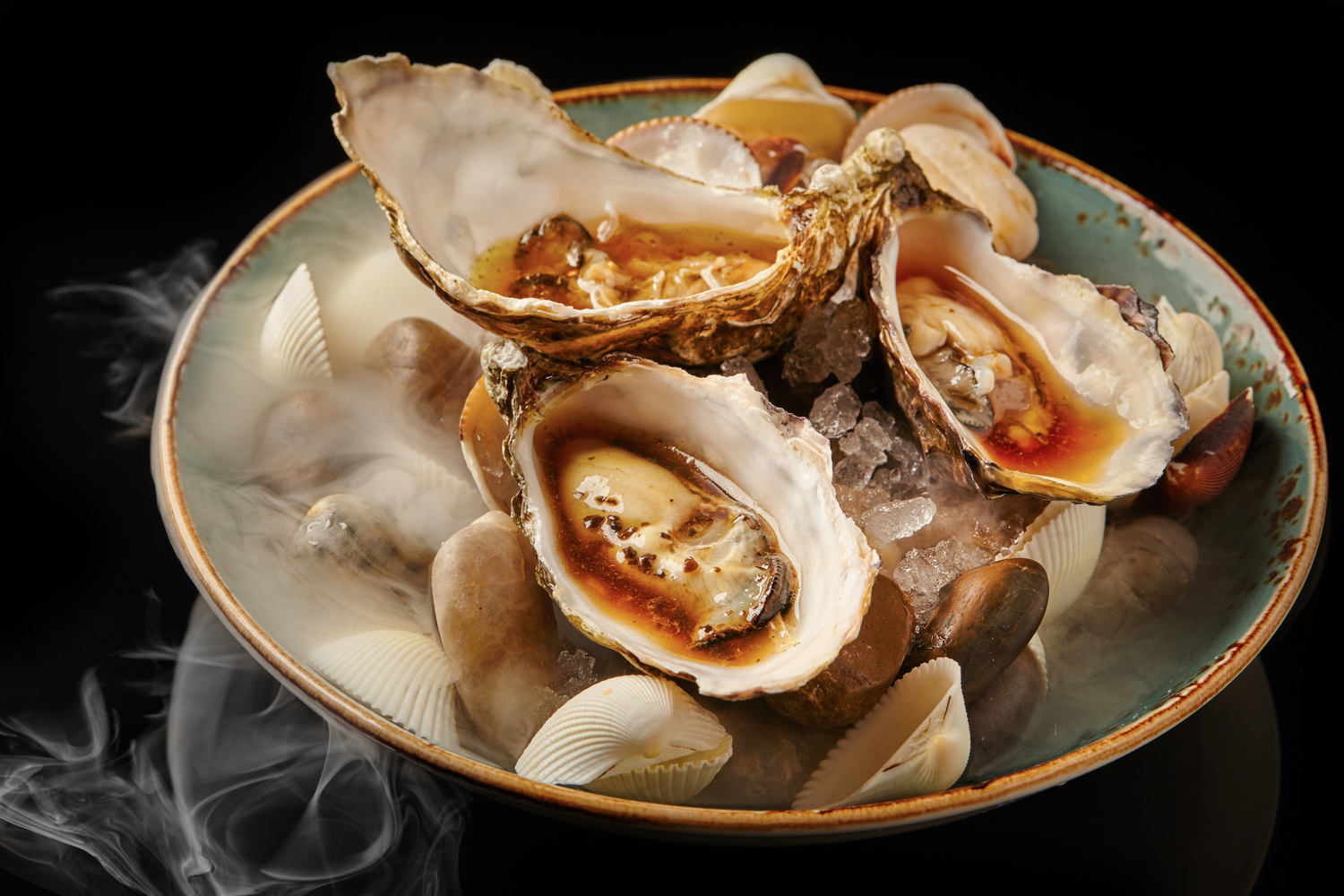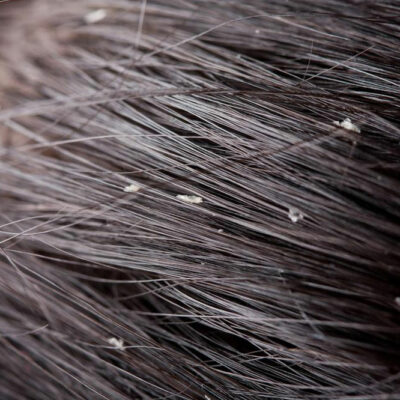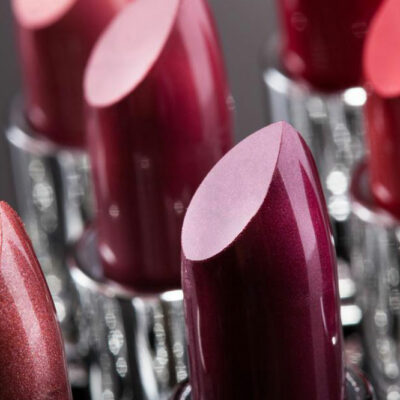
Foods to Avoid for Hepatitis C
Hepatitis C is an infection that is caused by the hepatitis C virus (HCV). The infection can be contracted when infected blood gets into your bloodstream or when you exchange body fluids with an infected person (i.e., sharing needles). When it goes undetected, the virus inflames the liver and can eventually cause serious liver damage.
After receiving treatment for HCV, there are some foods you will be advised to avoid. This is because these foods can be harmful to your liver and your immune system:
1. Raw oysters
Oysters are a type of shellfish that are eaten raw. They are found in warm salty water which is a breeding ground for bacteria known as Vibrio vulnificus. When you consume raw oysters that carry the bacteria, it will cause you more infections which will only exacerbate the effects of hepatitis C. The Vibrio vulnificus bacterium causes sepsis in the gastrointestinal tract which can cause septic shock or even death. People without liver disease and suffer septic infections have a 50% mortality rate while those with liver disease have 80-200% mortality rate.
2. Shellfish
Shellfish grow in the same conditions as oysters hence they are also full of V. vulnificus bacteria. Wear protective gloves when cleaning shellfish to stop bacteria from getting into your bloodstream through open wounds in the hands. Observe all precautions such as thorough cleaning and cooking shellfish to kill all bacteria. Also, when on a vacation, avoid salty water bodies as the bacteria can get inside your body if you have an open wound. With hepatitis c you will have to avoid this sea food and the environment as it may worsen the condition.
3. Fatty foods
Fat build-up in the liver causes cirrhosis. Hepatitis C patients should instead eat unsaturated fats found in foods such as olive oil, seeds, nuts, and fish oil. Fast foods, full fat dairy products, cookies, cake, and meat should be consumed in moderation as they contain saturated fats. Since you already have a liver condition and unsaturated fat build up in the liver may reduce its functions and it is an important organ.
4. Sugary foods
Foods that have high sugar contents will cause the same effects as fatty foods. In addition, they will aid in weight gain which is not good when you have hepatitis C. Instead of sugary treats, you can substitute sugar with fruit which is an equal source of sweetness.
5. Alcohol
A hepatitis C patient who takes alcohol can be equated to adding gasoline to a fire. When you take alcohol, it speeds up liver damage which brings you closer to your death. Recreational drugs and smoking are also dangerous to your liver especially after hepatitis C infection. Smoking can cause complications such as liver cancer hence you should strive to quit after hepatitis C diagnosis.
When you have hepatitis C for long, it develops to chronic status. This becomes a silent infection until it harms the liver to exhibit symptoms that include:
- Easy bruising
- Easy bleeding
- Poor appetite
- Unexplained fatigue
- Loss of weight
- Itchy skin
- Jaundice
- Swelling in the legs
- Drowsiness
- Confusion
- Slurred speech
- Dark colored urine
- Ascites (abdomen filling with fluid)
- Spider angiomas (blood vessels that look like spiders on the skin)


